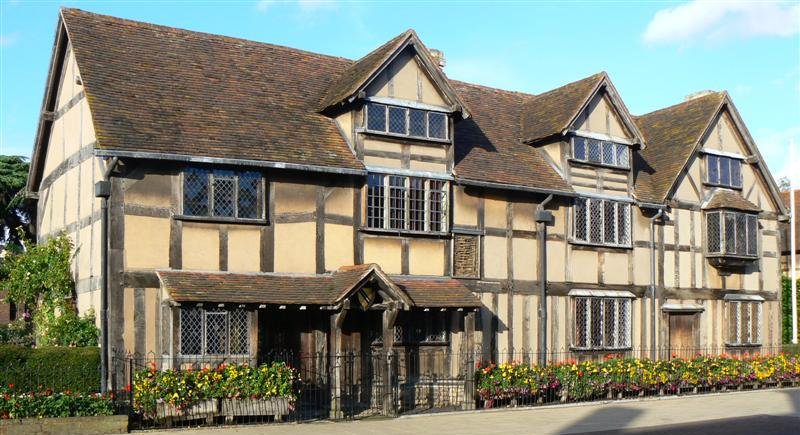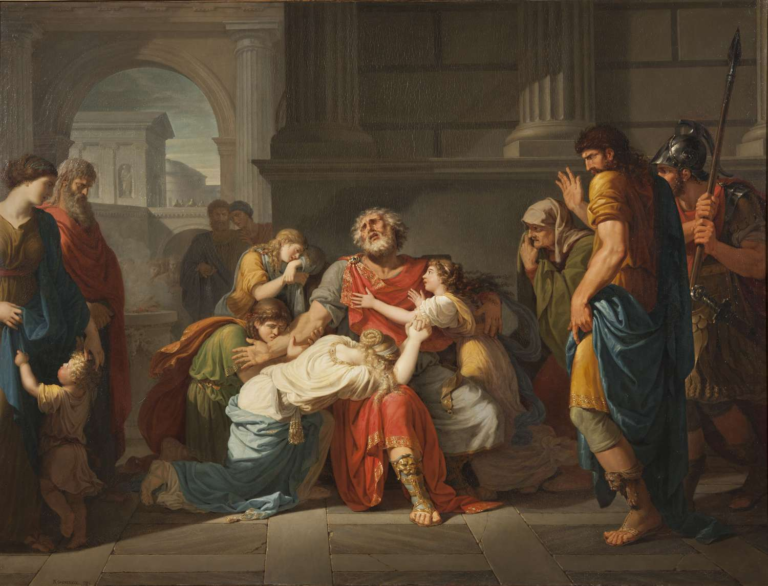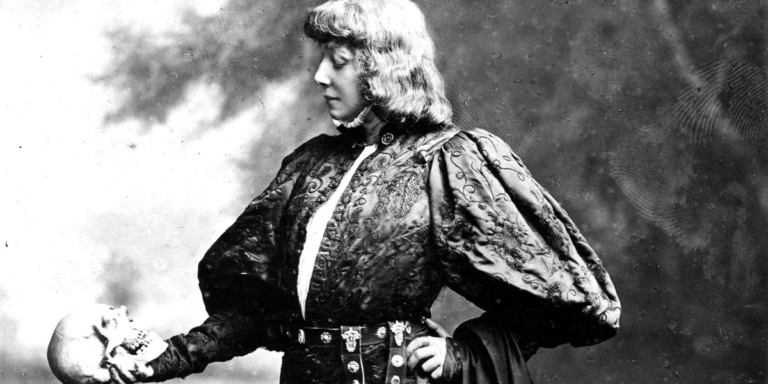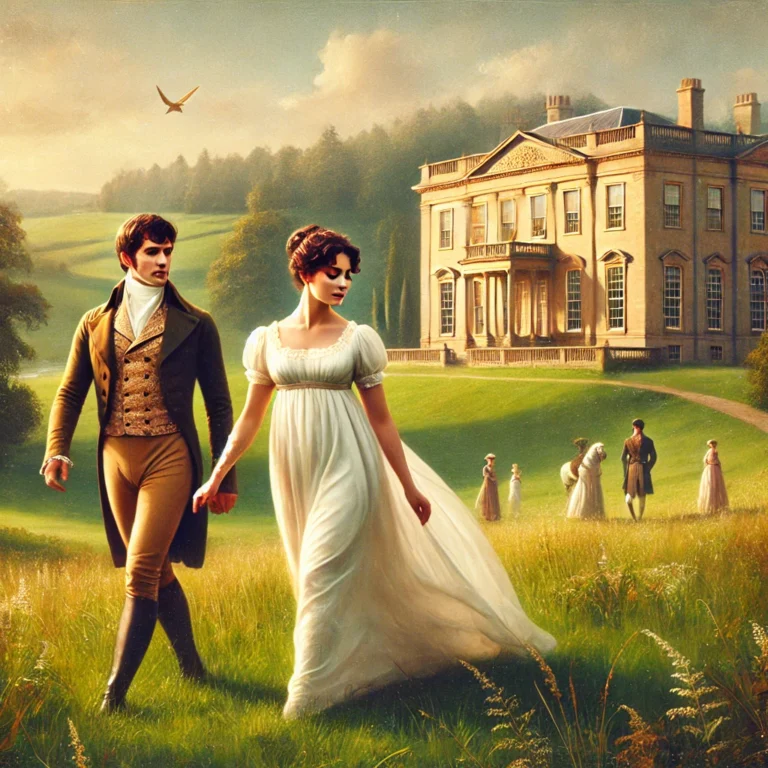Shakespeare Simplified: Unveiling the Bard’s Genius in Minutes

William Shakespeare, widely recognized as a renowned playwright, poet, and actor, is celebrated as one of the greatest figures in literary history. His profound influence on literature, language, and the arts has endured for centuries, making his works as relevant today as they were in the Elizabethan era.
He is famously known as the Bard of Avon. This title honors William Shakespeare, who was born and raised in Stratford-upon-Avon. Revered as one of the greatest writers in the English language, his works have transcended time and cultural boundaries. His plays delve into the depths of human emotion and complexity. Beyond his unparalleled contributions to drama and poetry, Shakespeare’s influence continues to shape literature, theater, and the arts worldwide. The title “Bard of Avon” is a testament to his enduring legacy as England’s preeminent poet and playwright.
Shakespeare’s Personal Life: Insights into the Man Behind the Quill
His personal life, marked by his marriage to Anne Hathaway and the birth of their three children, adds depth to our understanding of the man behind the quill. He was born on April 23, 1564, in Stratford-upon-Avon. He married Anne Hathaway in 1582, and the couple had three children: Susanna, and twins Hamnet and Judith.

He lived in London for much of his career, writing and acting in plays, but he retired to Stratford around 1613. He enjoyed financial success and invested in real estate. The greatest dramatist of all time passed away on April 23, 1616, and was buried in the Holy Trinity Church in Stratford.
The Globe Theatre: A Stage for Shakespearean Drama

Linguistic Legacy: Shakespeare’s Impact on Language
The Bard’s language, characterized by its rich imagery, intricate wordplay, and profound insights into the human condition, continues to captivate readers and audiences alike, cementing his status as a literary luminary. His often used iambic pentameter, a metrical pattern consisting of lines with five iambs (each an unstressed syllable followed by a stressed syllable).
First Folio: Preserving Shakespeare’s Works
The publication of the First Folio in 1623, a comprehensive collection of his plays, ensured the preservation of his works for posterity, solidifying his place in literary history.
The First Folio which emerged seven years posthumously consists of 36 of his works, this anthology was curated by his acquaintances, John Heminges and Henry Condell, titled: “The Complete Comedies, histories, and tragedies of Mr. William Shakespeare. Published in accordance with the authentic originals.“
In Shakespeare’s First Folio, words timeless, bold,
Each page a stage where tales and truths unfold.
A tome revered, where genius finds its voice,
Echoing through ages, its legacy poised.
Plays
Throughout his extensive career, he crafted an impressive repertoire of 39 plays, encompassing a diverse range of genres. These include renowned tragedies such as “Hamlet” and “Macbeth,” delightful comedies like “A Midsummer Night’s Dream,” as well as historically significant works such as “Richard II,” “Richard III,” and “Henry VIII.”
Linguistic Legacy: Shakespeare’s Impact on Language
The language in his plays is characterized by its rich imagery, intricate wordplay, and profound insights into the human condition, which continues to captivate readers and audiences alike, cementing his status as a literary luminary. Shakespeare often used iambic pentameter, a metrical pattern consisting of lines with five iambs (each an unstressed syllable followed by a stressed syllable).
Sonnets
In addition to his theatrical masterpieces, he penned 154 sonnets, exploring themes of love, mortality, and the passage of time with unparalleled depth and elegance. Shakespearean sonnets consist of 14 lines divided into three quatrains, each comprising four lines, followed by a couplet, which consists of two lines, serving as the conclusion of the poem. With rare exceptions, the rhyme scheme of all 154 of Shakespeare’s sonnets follows a consistent pattern ABAB CDCD EFEF GG.
Poems
During the years 1593 and 1594, when theatres shuttered due to the plague outbreak, the Bard took the opportunity to publish two narrative poems exploring themes of sexuality. These works are titled “Venus and Adonis” and “The Rape of Lucrece.” He wrote a lengthy narrative poem too, titled “A Lover’s Complaint”, published as part of Shakespeare’s Sonnets. This poem consists of forty-seven stanzas, with each stanza containing seven lines.
Enduring Legacy: Shakespeare’s Relevance Today
As we reflect on his enduring legacy, we are reminded of his timeless relevance and enduring appeal. His works continue to inspire, provoke thought, and stir the imagination, inviting us to explore the complexities of the human experience through the lens of his incomparable artistry.






